Philosophy pertains to the study of human “ethics, knowledge, and the nature of mind”, according to psy.ox.ac.uk. Often confused with psychology, a study more closely related to human behavior, philosophy seeks to explain most facets of human life and existence.
Oftentimes, the philosophical underpinnings of everyday life within workflow and general action go unseen.
“Philosophy is a super strong way to … look at your actions and take a step back from the global picture,” said Jonah Kim ‘25.
Kim describes himself to be most closely aligned to Nihilism and Taoism, and it affects his everyday life in a multitude of ways.
“It keeps me excited about my life because there’s so many philosophies that not only establish what’s ethical but what you should do with your life,” said Kim.
Bachelor degrees in philosophy have almost doubled between 1987 and 2014, according to the apaonline.org. Interest in philosophy has statistically been on the rise.
“I mean I feel like every person does philosophy in a way even if you’re not aware of it,” said Tikvah Bost ‘26. “Philosophy is such a broad terminology for applying an organized thought process to your perception [of the world].”
Daily applications of philosophy don’t have to be grand, though it can be as simple as a strong effort for positivity.
“If you’re not a positive person then you set yourself up for a cycle of procrastination,” said Vanessa Abou–Assi ‘25.
Philosophy doesn’t offer tools for solving practical problems, but instead tries to achieve a depth in perception of reality through rational reflection, according to G. Lourdes Velasquez from the National Library of Medicine. Although it may not be directly practical, many WHS students find philosophical practice with schoolwork and other work to be very fruitful in enriching their lives.
“I would say my work ethic and philosophy is just to commit to as many things as possible because I’m the type of person who [naturally feels like] a procrastinator,” said Brandon Cote ‘25. “That often gets in the way of my goals, so it’s something I have to fight.”
Work should get the same amount of philosophical attention as any other human experience, according to plato.stanford.edu.
The article also states that a philosophical approach to work and labor is at its highest when work and labor is in flux.
“I believe a lot in integrity,” said Shashwat Mantha ‘25. “I really feel like one should do work to the best of their ability, be honest about the work and have some sense that someone owes something to their work.”
Stanford also states that many accounts place more importance on the value of attitude towards work rather than the value of work itself.
“[My work philosophy is] generally just to keep doing new things because that’s part of how I find my meaning,” said Kim. “There’s so much interesting stuff out there so as long as I keep searching out interesting things I know it will lead to something cool.”
Interesting experiences and their impact on one’s philosophy can be a both passive or active thing, according to Mantha.
“I feel like one usually makes experiences and tries to actively search out experiences that give them some sort of fulfillment,” said Mantha. “Things happen by random [or] by choice which in turn makes someone’s life change and gives it some meaning.”
Understanding a philosophical foundation to life can bring about very impactful learning, according to neiu.edu.
“There’s so much to what you can do [in life],” said Kim. “Because we’re not bound by anything, it’s very freeing.”



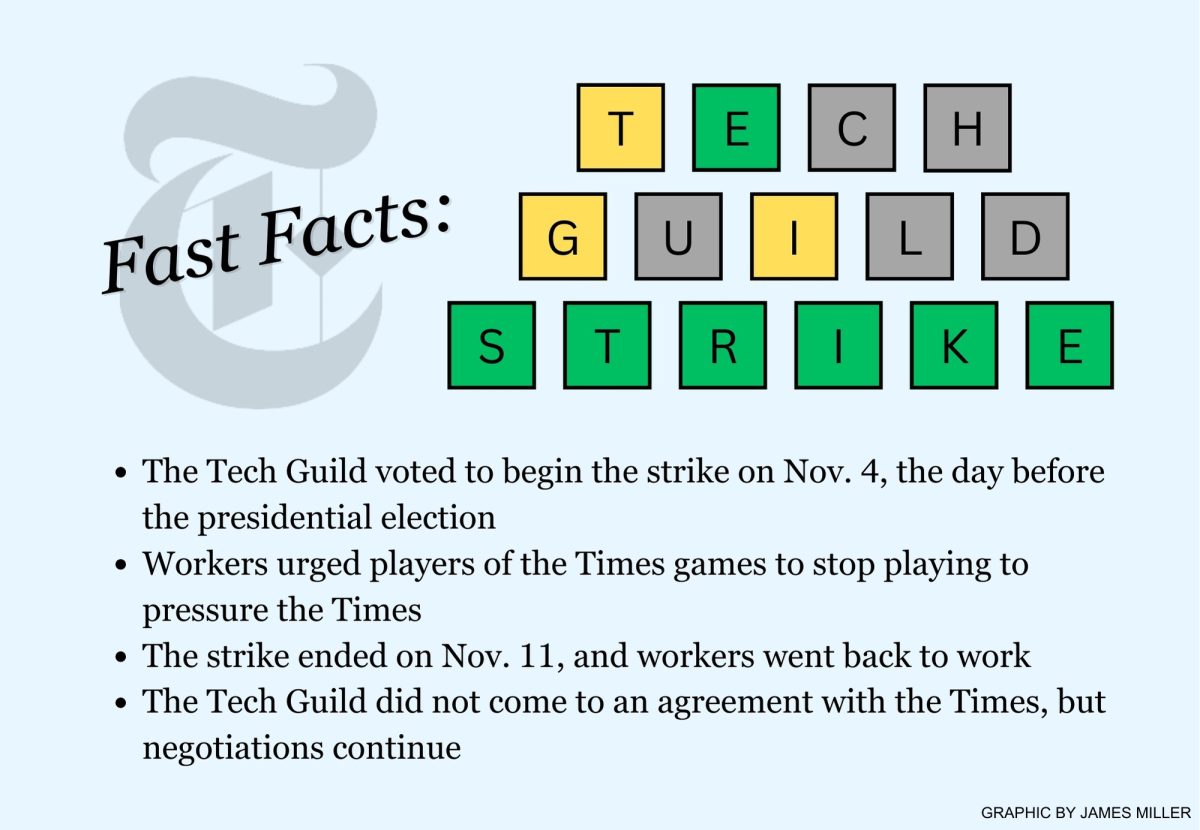






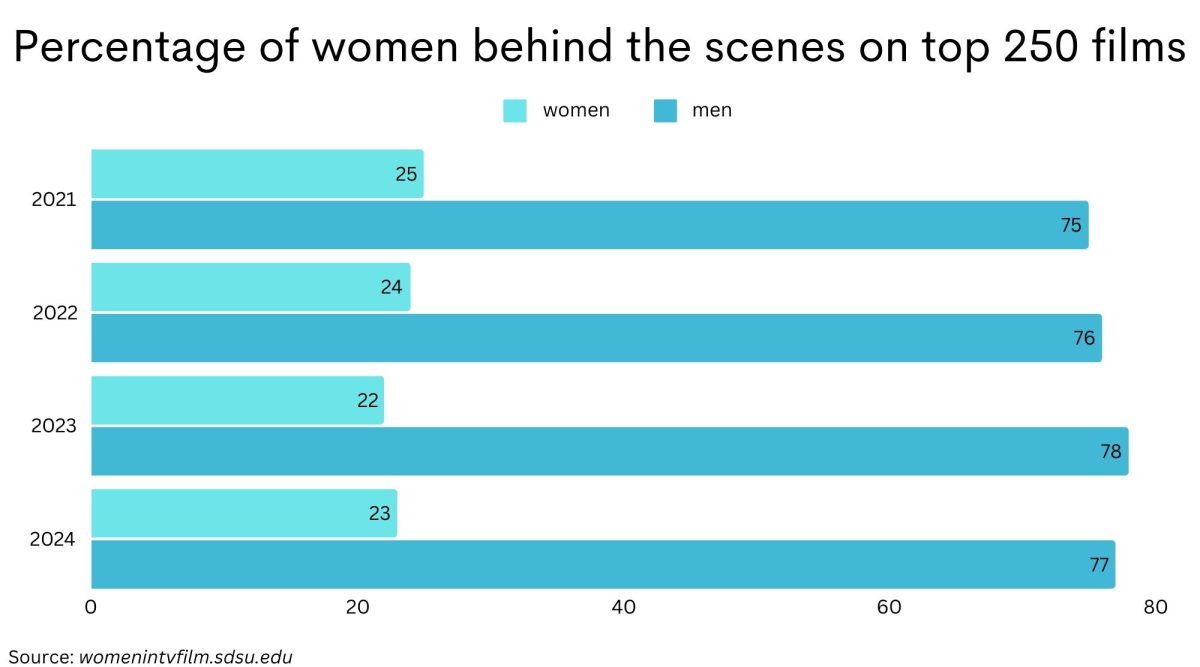


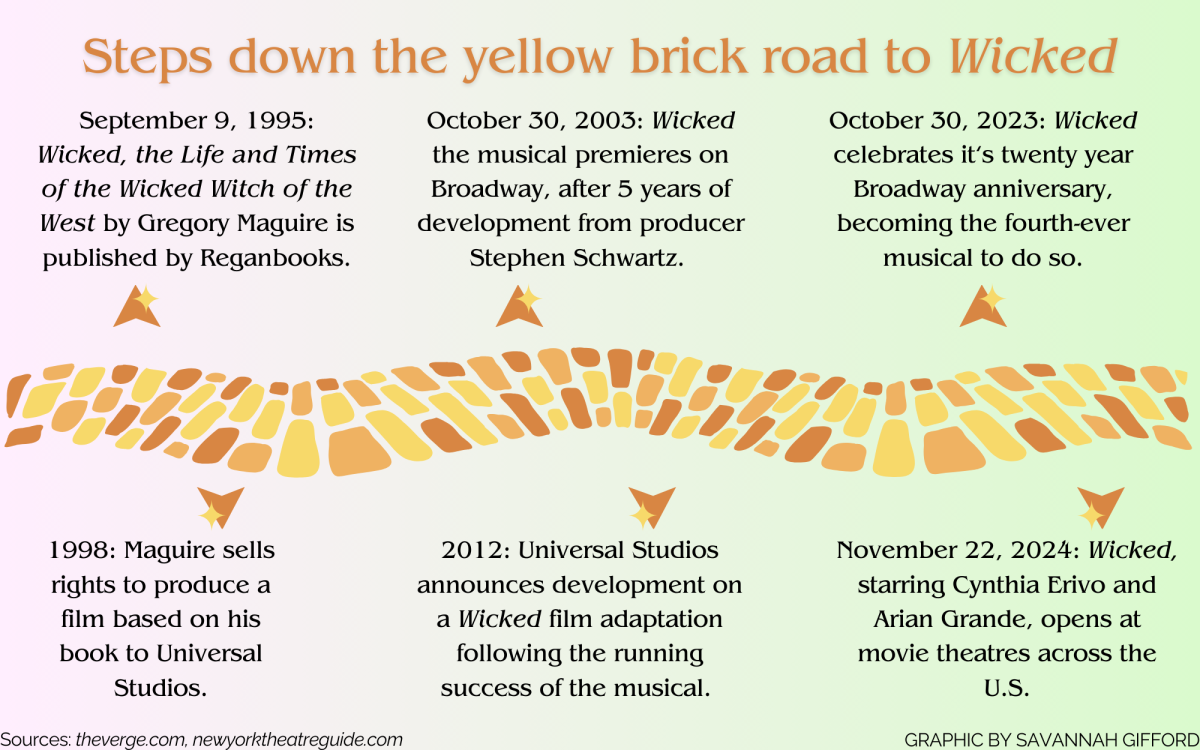
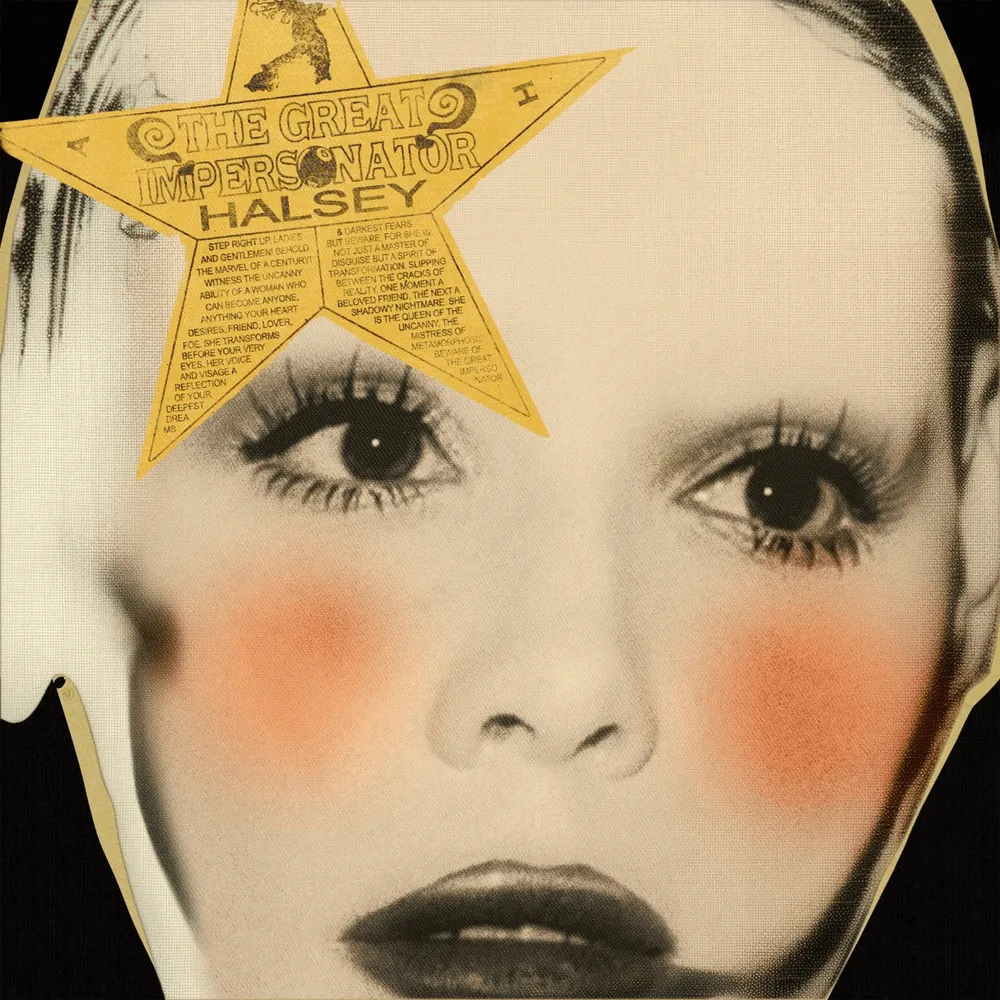




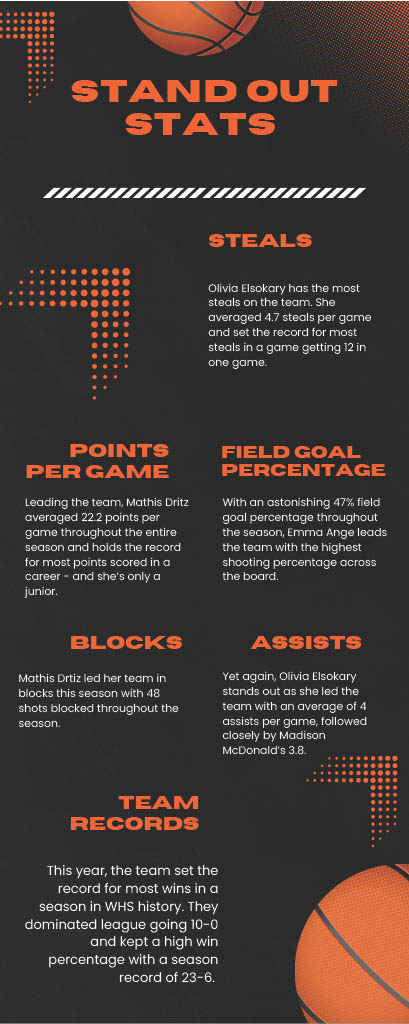




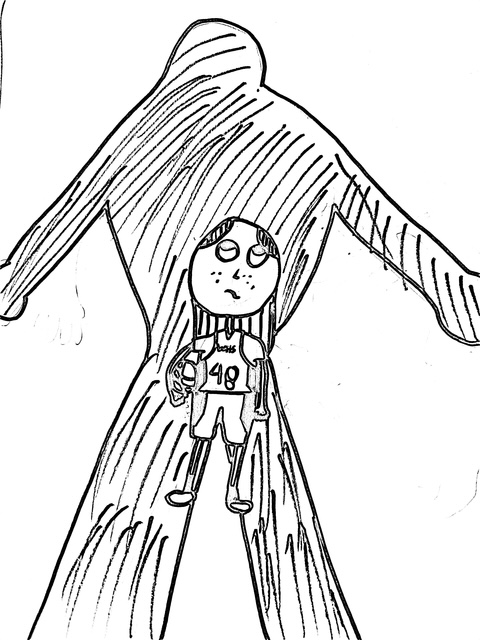


Gary • Mar 9, 2024 at 12:27 am
Excellent Editorial!
Very insightful & interesting!
Thank you for sharing this!
Nvp • Mar 9, 2024 at 12:01 am
Fantastic inside in Bahavior ..